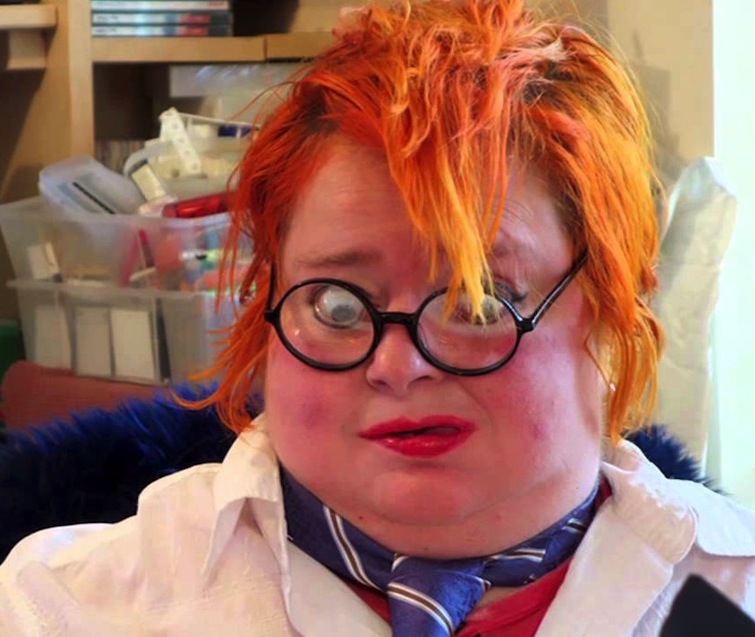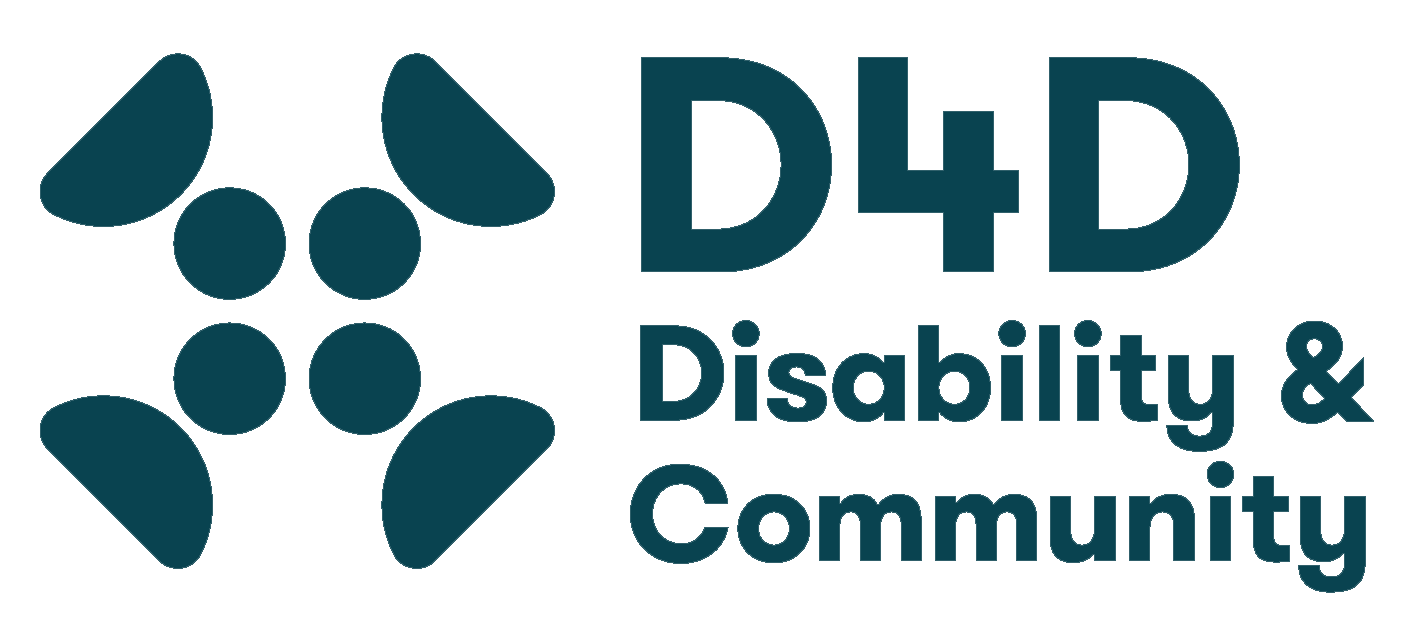Martin Levinson reports back on the Conference at Liverpool Hope University on 19th September 2019

Katherine Araniello
In September the D4D team presented at a one-day conference at Liverpool Hope University that was set up by Professor David Bolt. It was an excellently organised event exploring possible futures around disability, with our own Lucy Burke anchoring the panel discussion.
The keynote talk, ‘Disability, Post humanism and Technological Futures’, , was given by Professor Stuart Murray, who was enthused by recent medical and technological innovations. The responses were interesting, with a degree of scepticism expressed by some of those attending contributing to a great discussion.
The D4D contributions were kicked off by Lucy Burke with her talk on ‘Hostile environments: Down’s Syndrome and the Economic Imaginary’. This was followed by Tanvir Bush exploring the craft of her novel CULL and asking the question can we engage empathy and eventually effect change through fiction?
After a delicious lunch we settled back to listen to Allan Sutherland reading extracts from his poetry series based on transcripts from conversations with the late Katherine Araniello, titled’ ‘A Different Way of Engaging’.
It was great to hear our doctoral students, Steph Harvey and Andy Auld, giving really interesting talks about their work. Steph explained about her work on intersectional marginalisation in Disability Rights in a presentation called The Cheapest Kind of Understanding’ and Andy spoke about his recent experiences with learning disabled creative arts groups and the ‘Affective and the Spatial’ – the impact of creative space.
Finally, Lucy Burke chaired an open and fascinating discussion reflecting on all we had heard and all the possible futures.
It seems to me that most members of the D4D team waver between optimism and pessimism. On the one hand, we share excitement about the potential of new technologies to enhance the lives of disabled people in the future – even though we would like the development of such innovative technology to be more user-led. On the other hand, we are concerned by a current political climate that seems likely to make new technologies market-oriented.
Personally, I left the event still feeling what I had expressed in my own presentation – a concern about a growing economic divide that will lead to amazing technological futures for a privileged minority and something less impressive for others. We cannot really leave it to politicians and scientists to design a socially responsible tomorrow for all based around principles of equity. A Utopian future will only occur if we keep agitating for it.
